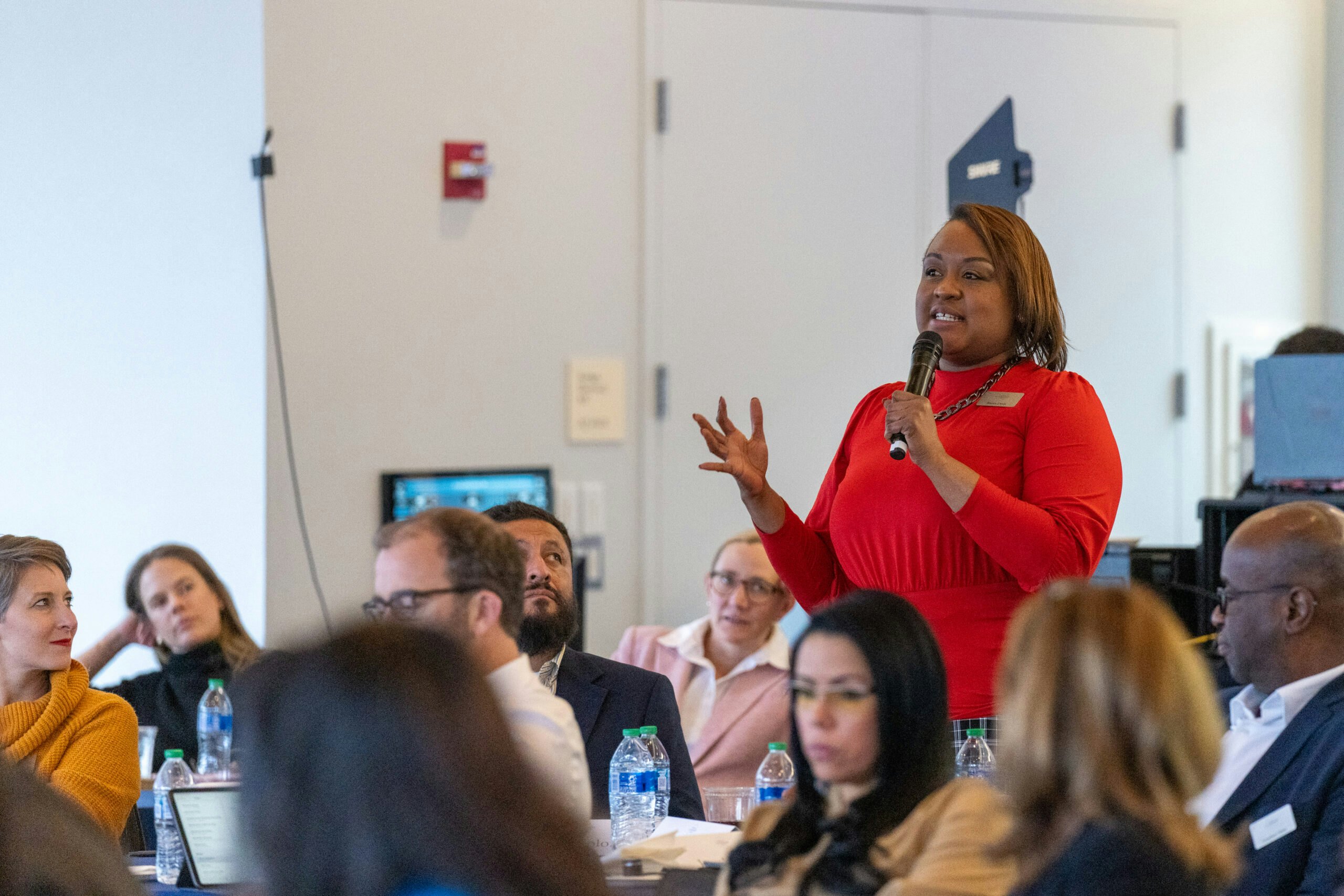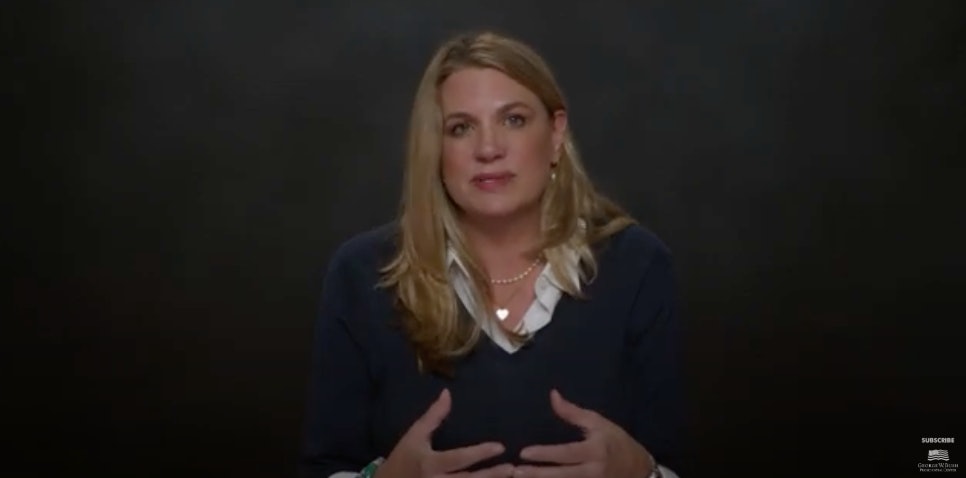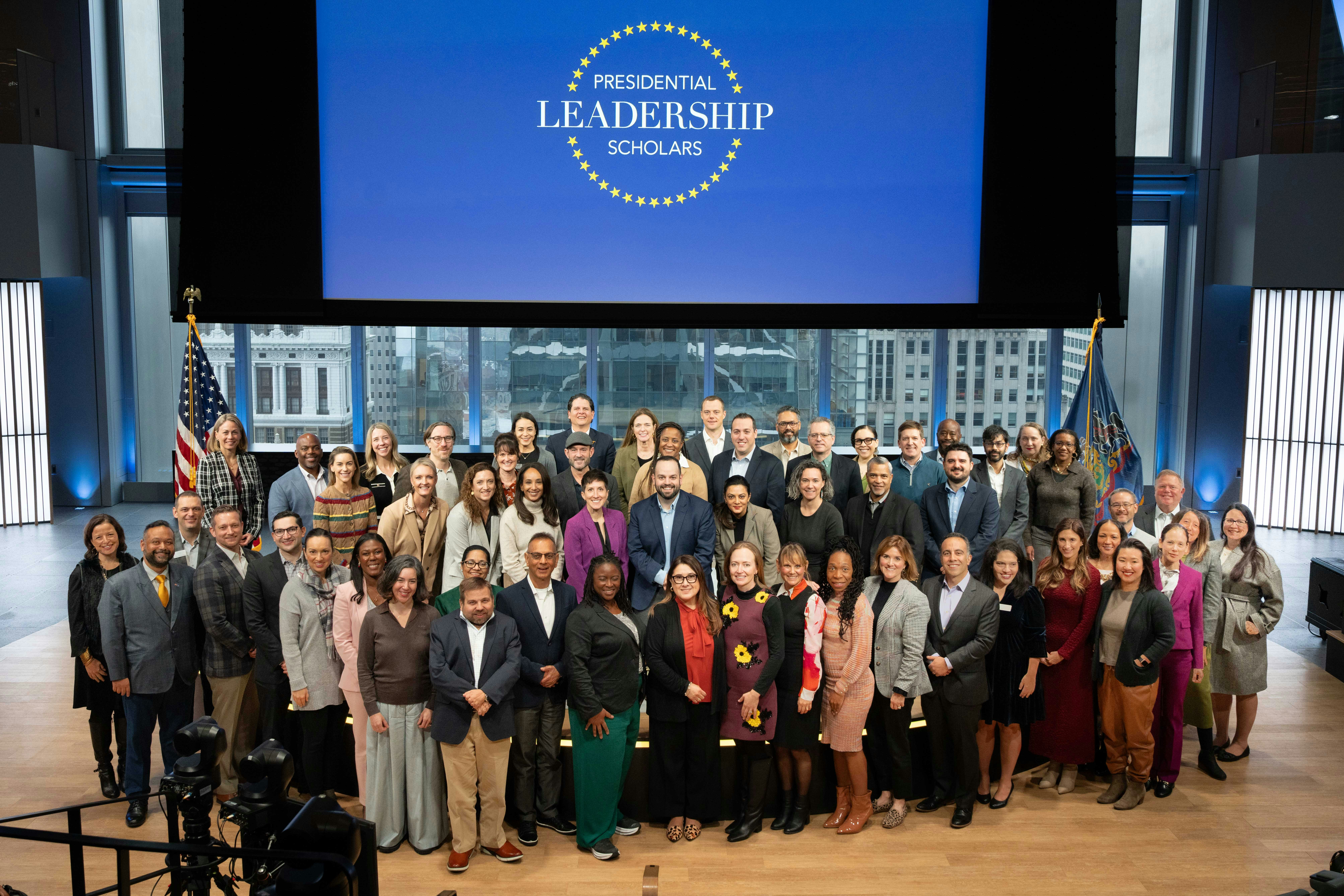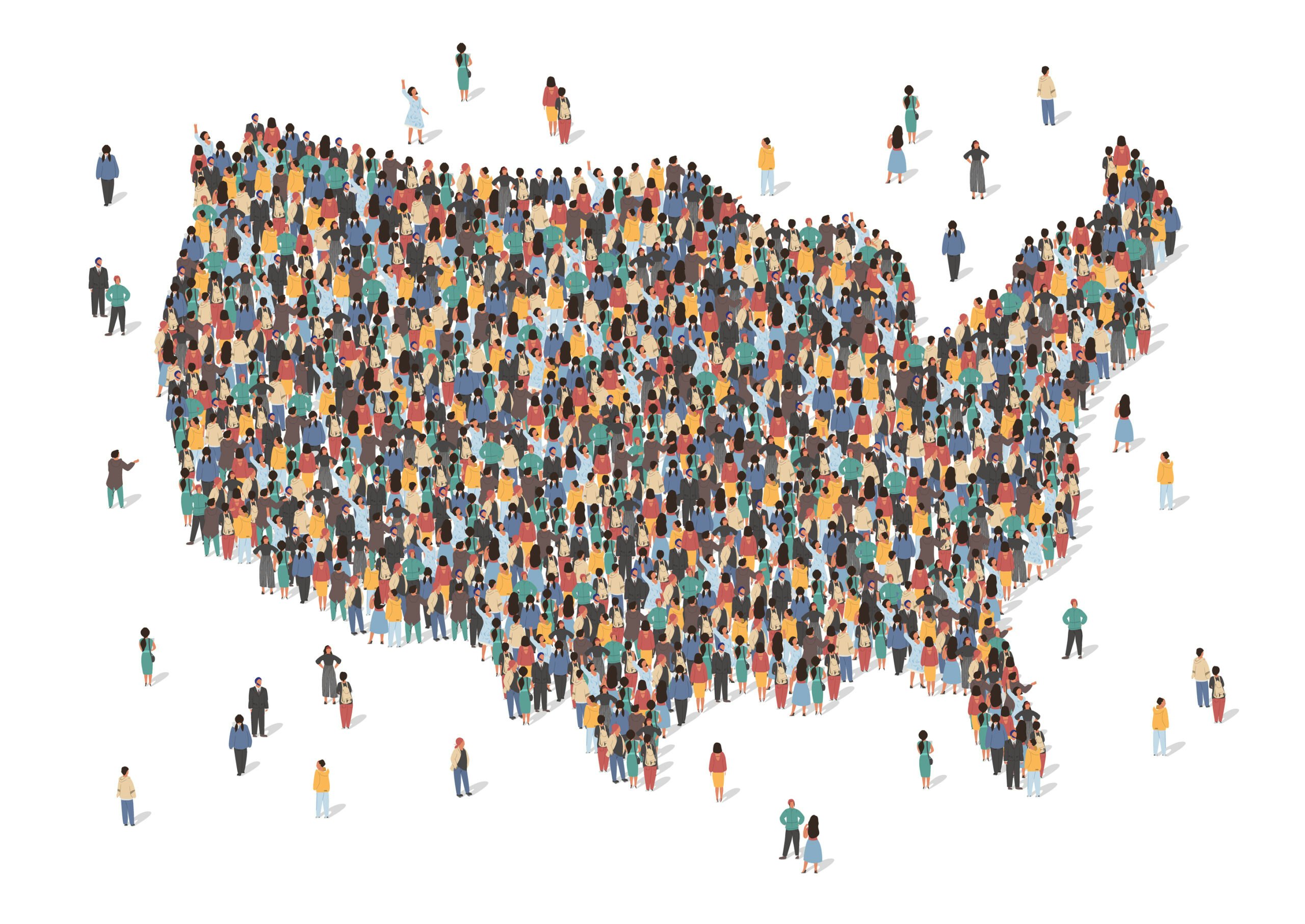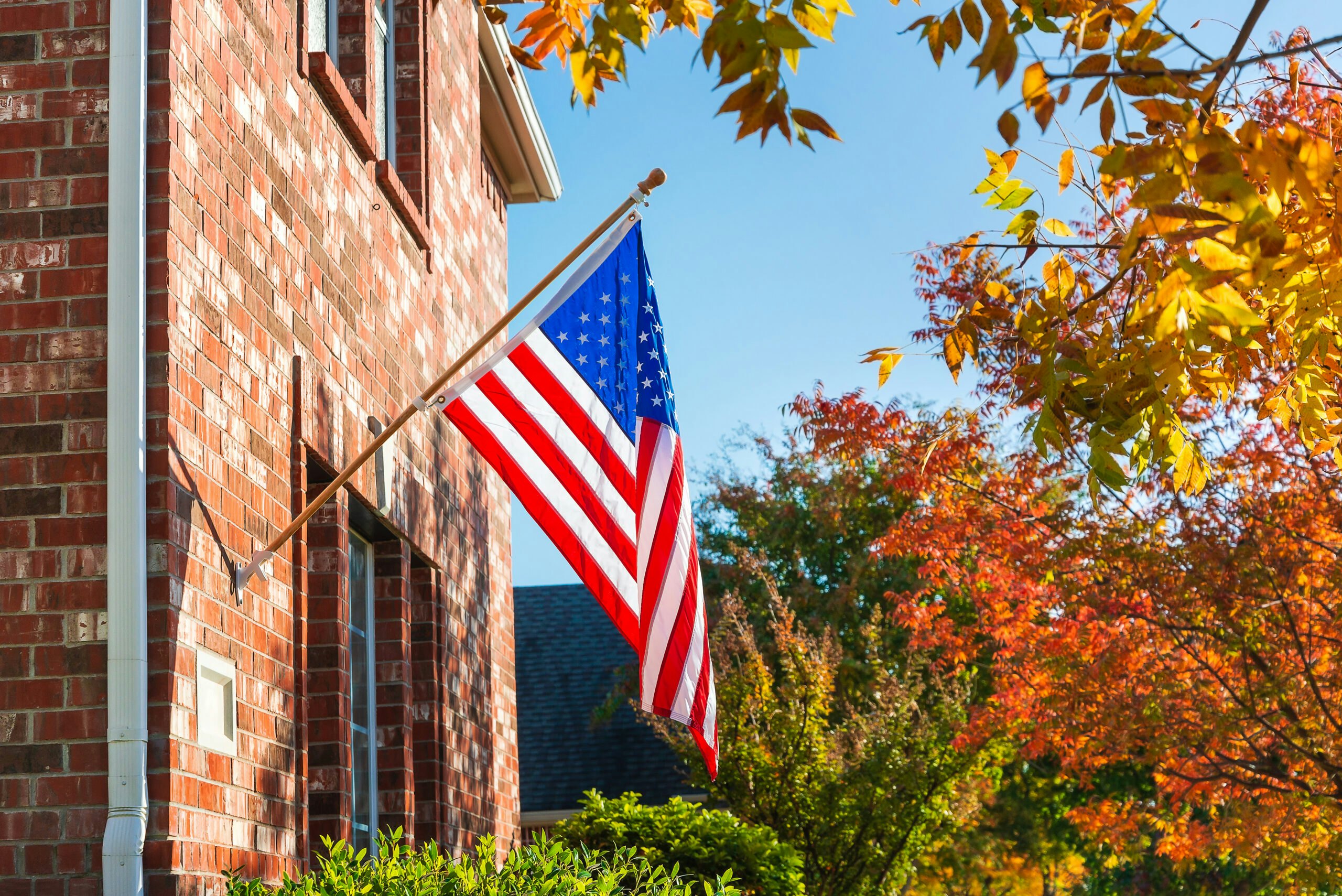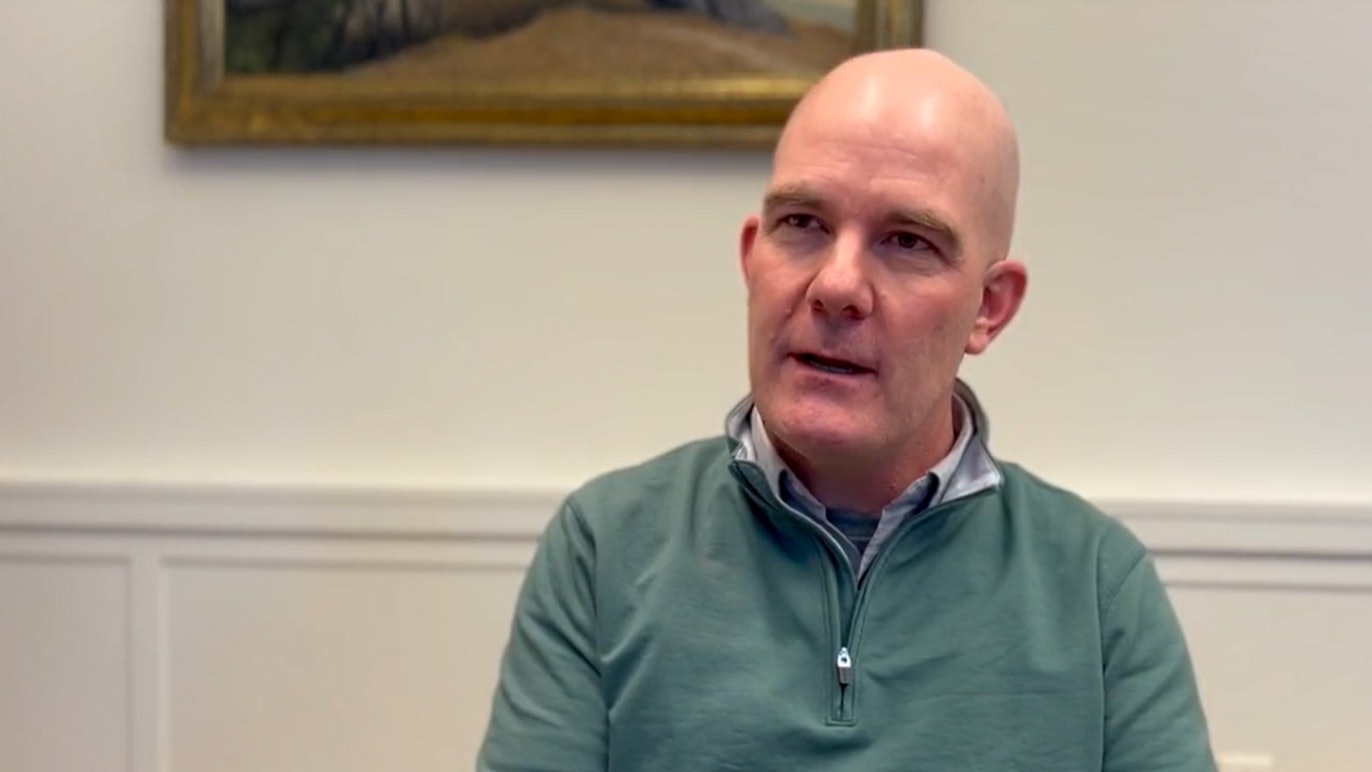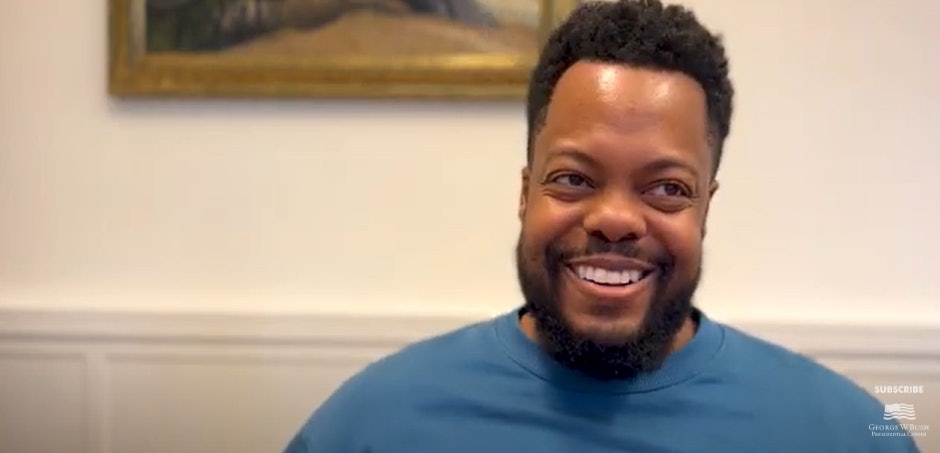School libraries are popular sparring grounds over free speech and censorship, and controversy has recently spilled over into annual fall book fairs where there was an option for schools to restrict certain titles.
Debates around book restrictions and bans, however, also provide opportunities for effectively practicing pluralism.
I’m generally opposed to the idea of banning or restricting books (or other content) in a free society but there can be exceptions. Age appropriateness is arguably one of them.
Most people do have obvious boundaries particularly where children are concerned – pornography, for example. So it’s not altogether outrageous to suggest that families, educators, and local communities should have the latitude to make informed decisions about content in school libraries through legitimate processes.
Believing this requires some level of acceptance that different communities will make decisions with which I might disagree.
As we’ve continually argued through The Pluralism Challenge, a commitment to pluralism is not diverse voices singing the same tune in harmony. Free people in a big, diverse democracy don’t behave that way. That’s pluralism 101.
There are serious differences of opinion to work through, and pluralism provides the framework for doing so. We explored this idea, specifically processes that give diverse stakeholders a voice in decision making, in our essay about local governance.
In that piece, former Dallas Mayor Mike Rawlings shared how having a collaborative process in place was crucial in the city’s decision to remove a statue of Confederate General Robert E. Lee. It allowed Dallas’ government to ensure various opinions were heard and considered before making a decision. And even then, those who disagreed were able to pursue legal pathways to push for a different outcome. While they were unsuccessful, these processes provided various opportunities for stakeholders to deliberate on this matter.
This point about processes was also well illustrated in a recent piece by Jennifer Nagorka in the Dallas Morning News. In it, she muses on controversial content in school libraries and ways it can be responsibly addressed.
Full disclosure, Nagorka is the spouse of Bill McKenzie who is my partner in crime on The Pluralism Challenge. So, while I may harbor some unconscious (and perhaps conscious) bias, I’m mustering all my objectivity to say that her article offers some great insight on this topic.
Nagorka, who is ardently anti-book bans, writes, “Parents, teachers and administrators acting in good faith can discuss and decide what belongs in a public school library…. The concept isn’t new and works well if all involved read the entire work, consider how students use it, and aren’t just trying to score political points.”
This can be challenging. As humans, particularly when passions run hot, we find it easy to quickly paint issues in terms of black or white. Something is either all bad or all good, with no wiggle room for discussion or exception.
Relatedly, we may quickly determine for all parties involved that we know best without going through a rational process – involving multiple stakeholders – that considers different points of view before rendering a decision.
To these points, Nagorka notes, “The process of evaluating books starts with parents recognizing that public institutions serve the public, a big, diverse and disputatious group. Students come from a variety of backgrounds and family environments, so schools need a variety of classroom and library materials to try to engage those kids.”
And as my colleague Anne Wicks has argued, we mustn’t lose sight of the main goal in making these decisions, which is to make children stronger readers with good critical thinking skills. The focus should really be on maximizing the resources for doing so, not obsessively policing content.
Some will inevitably walk away unhappy with the decisions made, and that’s part of pluralism too. But having a collaborative, informed process is about as much of a “silver bullet” as you can get to building consensus and avoiding top-down imposition.
It’s also important to recognize that the game rarely ends in a pluralistic democracy. There are regular opportunities for challenging the status quo. People are persuadable. Opinions evolve. New leaders bring different perspectives. What matters is that credible decision-making processes endure.
Even then, for those who feel aggrieved by the outcomes of such processes for school libraries, there’s another level of pluralism where a different course of action can be chosen: the family. While children will likely find ways to subvert their parents’ rules as they’ve done for generations, families can instill certain values and create their own guidelines for what’s acceptable reading within the household.
These examples continue to illustrate why pluralism is a big deal and how it offers pathways for diverse, free societies to thrive.






